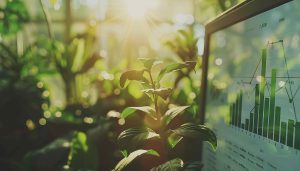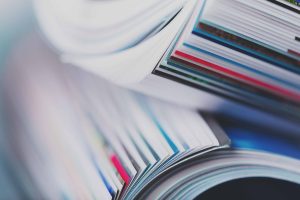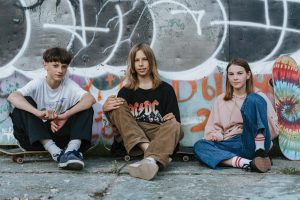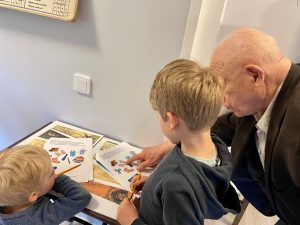Nuorten päihteiden ja nikotiinin käyttö on muuttunut merkittävästi. Perinteinen tupakointi ja nuorten alkoholinkäyttö ovat vähentyneet, mutta samanaikaisesti markkinoille on tullut…
Tekijät | Authors
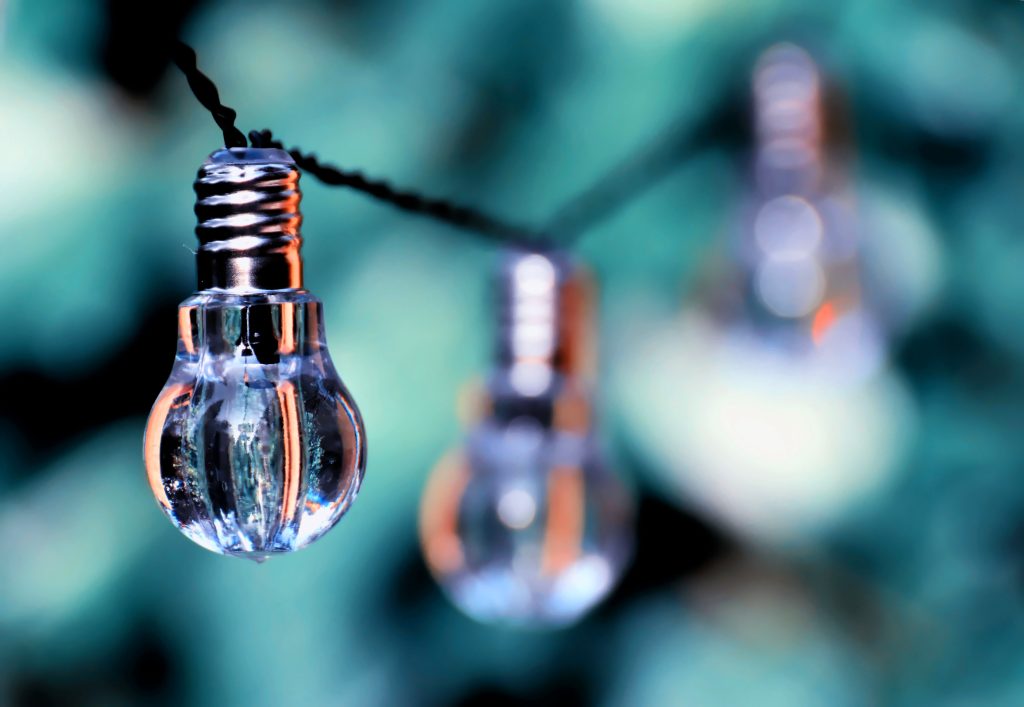
Research Groups’ RDI activity at Turku UAS: Path to societal impact and achieving Sustainable Development Goals
Turku UAS has renewed its strategy during 2022. The strategy focuses on four themes: green economy, a good life, our Baltic Sea, and at home in the hybrid world. Sustainability and climate change are strongly present in two of the themes alongside with well-being, digitalization, and growth. The organisation is committed to ambitious goals that are in line with the UN’s Sustainable Development Goals.
In this article we introduce how Turku UAS’ Research Groups are finding their path to have societal impact and responding to global challenges.
Research Groups and internal RDI assessment
Societal impact refers to the ways in which research, development, and innovation (RDI) activities contribute to developments in society and to dealing with social issues. Impact is a complex phenomenon that arises in the interaction between research data and other factors, often over a long period of time.
Societal impact can be manifested in education and culture, well-being, research which generates new knowledge, or as active participation in regional development, reform in society or solving global challenges (see e.g., Academy of Finland, Finnish Education Evaluation Centre). The connection to the Sustainable Development Goals (SDGs) is strong since they are all about solving challenges that occur under the three thematical pillars of sustainable development: economic, social, and environmental.
Turku UAS has 31 Research Groups under three faculties. The range of topics is vast, and the activity covers everything from teaching via RDI to business. The Research Groups answer a self-evaluation questionnaire every other year as part of Turku UAS’ internal RDI assessment which serves the needs of the groups’ development work and executive management.
The RDI assessment includes
- RDI projects’ lifecycle evaluation,
- Research Groups’ evaluation.
In the Research Group’s evaluation, a process is conducted in two parts: a self-evaluation questionnaire of the groups via an online questionnaire and an internal activity report compiling information from various sources.
The evaluation of Research Groups is not only part of Turku UAS’ quality control and assurance but also serves to identify trends.
A major trend for external project funders is the prioritization of funding via the use of the United Nations’ SDGs. As an educational organization, it is not surprising that most of our Research Groups identify SDG4 Quality Education as being of vital importance for them. However, Goal 4 is not the only SDG we are dealing with in this article: three Research Groups and their connections to different SDGs are presented (picture 1).
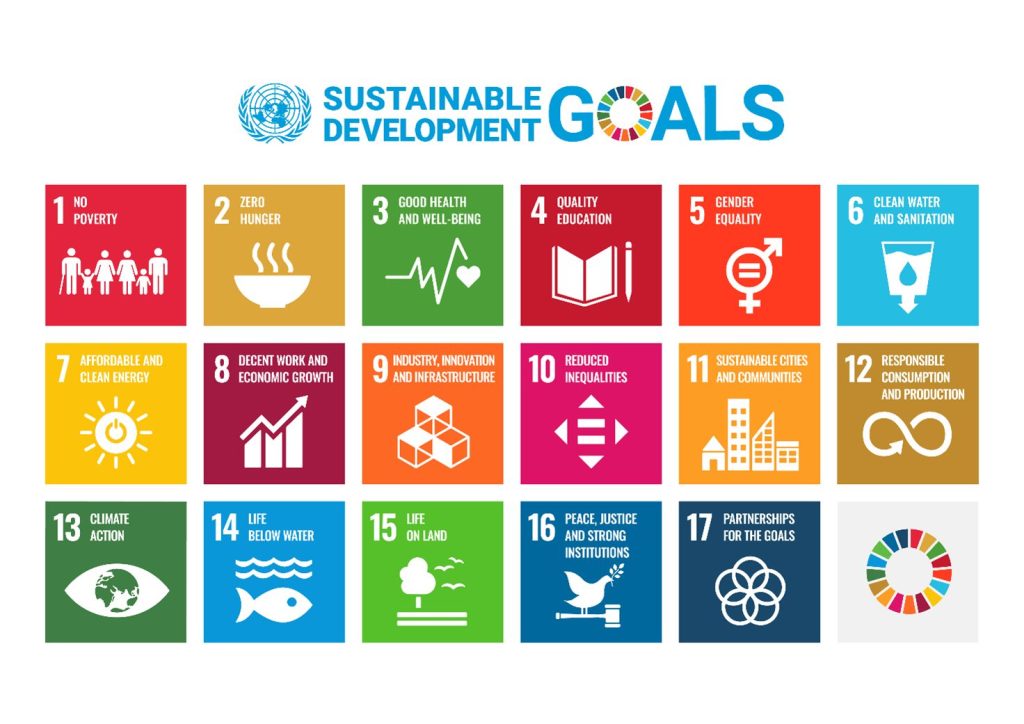
Picture 1. UN Sustainable Development Goals.
Focus on Sustainable Development Goal 4: Quality education
The obvious SDG for universities of applies sciences is the Goal 4 which aims to “Ensure inclusive and equitable quality education and promote lifelong learning opportunities for all” with specific targets and indicators the UN regularly checks.
It must be noted that as a Higher Education Organisation, it is our task to provide quality education; to provide our students with the best chances of finding suitable employment and preparing them for working life and being a valuable member of society. (Picture 2.)
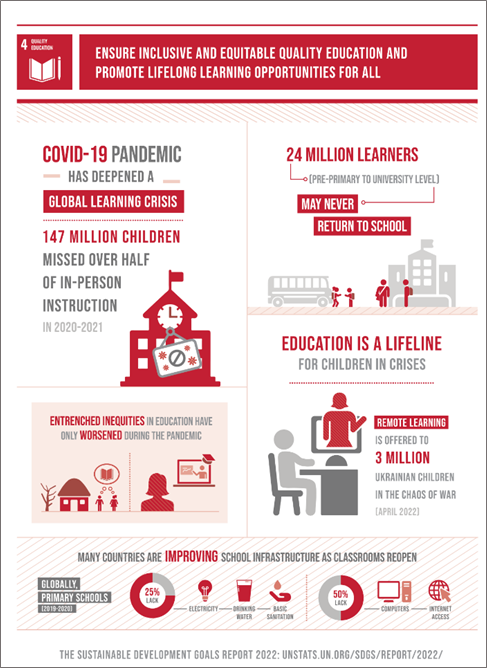
Picture 2. Goal 4 infographic (https://sdgs.un.org/goals/goal4).
In addition to this, Goal 4 targets and indicators relate broadly to equality, accessibility, and cultural diversity at all levels of education. Mainstreaming sustainable development in education is expressed in indicator 4.7.1. (Table 1).
Especially Turku UAS’ projects funded by the HEI ICI instrument (Higher Education Institutions Institutional Cooperation) and part of the Erasmus+ Cooperation Partnerships have been able to address the mismatch of skills between the job markets and university courses, or even passing on good course knowledge from Finland to colleagues in Africa and Asia.
For example, a project named Sustainable Employability through HEIs’ Innovative Pedagogy (SUSIE) is contributing particularly to Goal 4, and SDG target 4.3: By 2030, ensure equal access for all women and men to affordable and quality technical, vocational, and tertiary education, including university.
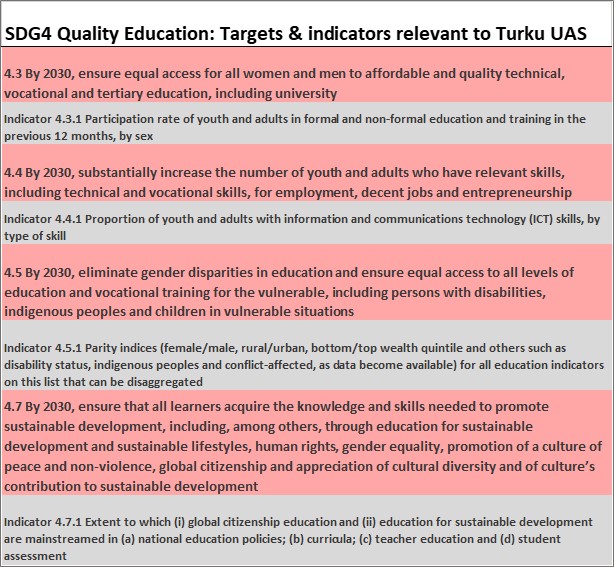
Table 1. SDG4 Quality Education: Targets and indicators relevant to Turku UAS.
Presenting three impactful Research Groups and projects as case study examples
Water and Environmental Engineering Research Group
The Water and Environmental Engineering Research Group is doing applied research on a multitude of topics that have a direct and indirect impact on the environment. The group’s work includes fundamental research such as mapping and monitoring of aquatic fauna and water quality in coastal and inland waters, development and testing of solutions to minimize nutrient and hazardous substance transport into receiving water bodies, adaptation of nature-based solutions for urban stormwater management as well as related modelling.
The group also engages in capacity building, policy dialogue and formulation of recommendations that aim to support establishment of sustainable water management practices, protection of species and halt of biodiversity loss, or the phase-out of hazardous substances. The group is engaged in national and international projects but always seeks to act and impact on a regional level.
The Research Group’s work contributes to achieving several targets of the SDGs 6 “Clean Water & Sanitation”, 11 “Sustainable Cities & Communities”, 13 “Climate Action”, 14 “Life Below Water” and 15 “Life on Land”. The Research Group’s work contributes to the development of best practices, recommendations, innovations and guidance related to environmental protection and thus supports top-down and bottom-up approaches to achieving the SDGs. Its work and current projects help to achieve Goal 13 target indicators, including such that are addressed by several projects and lines of research, e.g.
- 6.3.2 Proportion of bodies of water with good ambient water quality
- 6.5.1 Degree of integrated water resources management
- 14.1.1 (a) Index of coastal eutrophication
- 14.5.1 Coverage of protected areas in relation to marine areas.
CASE 1: The RESIST – Regions for climate change resilience through Innovation, Science and Technology project is related to the achievement of SDG targets 6.b, 11.3, 13.1 and, partly 14. RESIST is a five-year project that has emerged from the need to make regions more resilient to climate change. The project will adopt a new practical framework in which climate adaptation pathways will be tested in four EU frontrunner regions with different socioeconomic profiles: Southwest Finland, Central Denmark, Catalonia, and Central Portugal.
Each region will test adaptation solutions to five key climate challenges: floods, droughts, heatwaves, wildfires, and soil erosion, and will bring together civil society, business, policymakers, and the research community to work towards its future resilience. Additionally, each frontrunner region has two follower regions for capacity building and upscaling of solutions.
Through its diverse activities related to climate change mitigation and adaptation, the project contributes e.g. to the SDG targets 6.b “Support and strengthen the participation of local communities in improving water and sanitation management”, 11.3 “By 2030, enhance inclusive and sustainable urbanization and capacity for participatory, integrated and management in all countries”, and 13.1: “Strengthen resilience and adaptive capacity to climate-related hazards and natural disasters in all countries”.
The regional pilot actions relate to stormwater management pilots in Katariinanlaakso and in Topinoja in the City of Turku and rural water management pilot in Savijoki catchment located in the City of Lieto.
Wireless Communications and Cybersecurity Research Group
The Wireless Communications and Cybersecurity Research Group concentrates on the development of test platforms for wireless networks and the transfer of know-how to companies. The focus is on 5G technology and the cybersecurity of IoT systems. The group collaborates closely with companies that develop and utilize new technologies.
The group works mainly at the Cyber Test Lab on the Salo IoT Campus. The lab offers automated testing tools as well as manual customized testing performed by experts. Testing is performed using the device’s user interface, network connection, communication interfaces and wireless data transmission. In recent years, the group has focused on fifth-generation mobile networks and wireless IoT technologies.
The projects have built a 5G test network, which is utilized in piloting and testing activities with companies.
In the perspective of SDGs, Wireless Communications and Cybersecurity emphasizes SDG9 “Industry, Innovation and Infrastructure”. The most important SDG targets for the Research Group are 9.1. “Develop quality, reliable, sustainable and resilient infrastructure, including regional and transborder infrastructure, to support economic development and human well-being, with a focus on affordable and equitable access for all.” and target 9.4. “By 2030, upgrade infrastructure and retrofit industries to make them sustainable, with increased resource-use efficiency and greater adoption of clean and environmentally sound technologies and industrial processes, with all countries taking action in accordance with their respective capabilities”.
The Research Group connects to following target indicators:
- 9.1.1 Proportion of the rural population who live within 2 km of an all-season road
- 9.1.2 Passenger and freight volumes, by mode of transport
- 9.4.1 CO2 emission per unit of value added
- 9.5.1 Research and development expenditure as a proportion of GDP
CASE 2: The Applied Research Platform for Autonomous Systems ARPA project concentrates on creating an ambitious new platform for applied research focusing on autonomous systems, which enables different operators’ concrete RDI in the field of smart operating environments.
The RDI collaboration will involve experts and students of the applicant organizations, industrial partners, SMEs, start-ups, authorities, research communities and international networks.
The ARPA project contributes directly towards the following Sustainable Development Goals of the United Nations: SDG 4.4., 8.2, 9.1., 9.4 and 14.1. Especially the targets 9.2. and 9.4 are interesting because they indicate that the project is contributing to developing industry, innovation, and infrastructure. ARPA’s core activities are digital twinning and simulation, developing new infrastructure to support economic development, resource efficiency as well as environmentally sound technologies and industrial processes.
Circular Business Models Research Group
The Circular Business Models Research Group advances circular business together with companies and develops the teaching of circular economy in national and international networks. At the forefront in the future is to find new solutions for moving from linear economy to circular economy.
The expertise of the Research Group springs up from the synthesis of business development, sustainable development, environmental technology, service design, communications, and pedagogic competence.
The Research Group conducts experiments by companies and students that are implemented in joint development projects. The experiments can include e.g. innovation events, reports or long-term projects and theses. Appropriate multidisciplinary student teams, experts and methods are tailored for each project.
In the Research Group, circular economy is considered not only to be about the circulation of materials but also about the perspectives of global justice and equality.
Circular economy does not refer to improving environmental issues only. It can also be developed through social and economic perspectives.
The Group’s cooperation partners include dozens of companies from different industries that are developing circular business as well as various research institutes and development organizations that engage in the ecosystem work. The Group has several ongoing projects that vary from local to European scale.
The Group’s work contributes most to the SDG 12 “Sustainable consumption and production” with several projects that focus on recycling textiles. Other SDGs the group has input in are 4 Quality Education, 8 Decent Work and Economic Growth, 9 Industry, Innovation, and Infrastructure, 11 Sustainable Cities and Communities, and 13 Climate Action.
The most important SDG target indicators the Research Group works towards:
- 4.7.1. and 13.3.1 (same target indicator) Extent to which (i) global citizenship education and (ii) education for sustainable development are mainstreamed in (a) national education policies; (b) curricula; (c) teacher education; and (d) student assessment
- 8.4.1 and 12.2.1 (same target indicators) Material footprint, material footprint per capita, and material footprint per GDP
- 8.4.2 & 12.2.2 (same target indicator) Domestic material consumption, domestic material consumption per capita, and domestic material consumption per GDP
- 11.6.1 Proportion of municipal solid waste collected and managed in controlled facilities out of total municipal waste generated, by cities
- 11.6.2 Annual mean levels of fine particulate matter (e.g., PM2.5 and PM10) in cities (population weighted)
- 12.5.1 National recycling rate, tons of material recycled
CASE 3: The BIO-PLASTICS EUROPE Horizon project looks for sustainable solutions for bio-based plastics on land and sea, while connecting economic and environmental gain through circular economy. It includes research on innovative bioplastics, product design, environmental and economic assessments of products‘ life cycles and business models, efficient reuse and recycling solutions and the safety of materials for environment and society.
Given the widespread use of plastics in different sectors and given it will not be possible to investigate each single use in detail, the project will focus on
- toys,
- food packaging, and
- shipping, fishing, and aquaculture equipment.
The research focuses on fundamental science looking at plastic properties, compostability and recyclability, safety and legislation requirements, business models, market demand and circular economy. The project contributes to the implementation of a set of SDGs; 3, 8, 9 and 13.
Summary
Certain SDGs fit more naturally to UAS activities and international cooperation. Turku UAS and the City of Turku have ambitious aims concerning climate change and it shows in the Research Group activity. However, as seen in this article, the SDGs have targets and exact indicators which need sufficient knowledge and familiarization.
The societal impact, that Research Groups have, is happening in many levels from local to global through concrete actions.
Hence, these actions consist of producing information to decision-makers; producing tools, methods and models for industry as well as public actors; implementing pilot cases; developing applications, and in some cases also producing innovations and patents. Turku UAS and its Research Groups are serving the industry and working together with public organisations, HEIs and NGOs.
Fortunately, Turku University of Applied Sciences is not alone with the “SDG work”. There are also 23 other UASs in Finland in the same situation. The Rectors’ Conference of Finnish Universities of Applied Sciences – Arene has produced a common sustainable development programme to UAS in 2020, and the progress of UASs has been evaluated via a survey in the end of year 2022.
The result of the survey was that all UASs have proceeded towards the actions formulated in Arene’s programme for sustainable development and responsibility. Turku UAS is now at maturity level three out of five. The target is to take Turku UAS to level four by the end of 2025. Many new ways of strengthening sustainable development are still waiting to be implemented.
Info about Research Groups’ activity at TURKU UAS
- 31 Research Groups at Turku UAS (2022)
- 10,5 million EUR external RDI funding (2022)
- 43 different funders (2022)
- Cooperation with 566 international project partners (2022)
- Turku UAS is a member in approximately 50 field-specific international networks
References
Research Groups at Turku UAS (29.3.2023): Research Groups – Turku University of Applied Sciences (tuas.fi)
Strategy of Turku UAS (29.3.2023): Strategy – Turku University of Applied Sciences (tuas.fi)
UN’s SDGs (30.3.2023) The Sustainable Development Agenda – United Nations Sustainable Development
UN’s SDG4 (5.4.2023) https://sdgs.un.org/goals/goal4
Kuva: Pixabay



